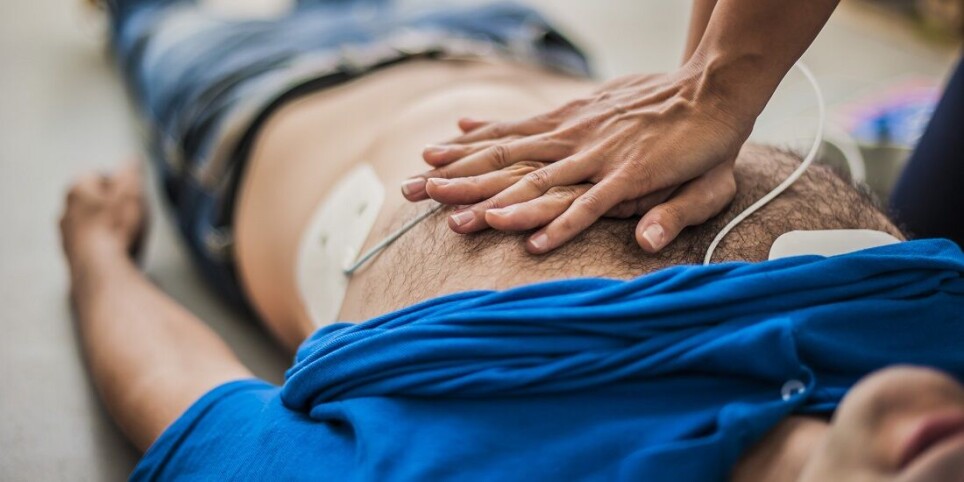THIS ARTICLE/PRESS RELEASE IS PAID FOR AND PRESENTED BY NTNU Norwegian University of Science and Technology - read more

Protein can save the heart after cancer
Researchers are on the trail of a new method to protect against heart damage after cancer treatment.
Cancer treatment can be tough on the body, but for the patient to survive the cancer, it’s often necessary to go through with the treatment anyway.
Some medications are effective against cancer, but one serious possible side effect is that they may trigger heart damage afterwards.
There’s currently no method to reduce the risk of this side effect. But that may soon no longer be the case.

“We’ve observed that the NOR-1 protein can provide broad protection against heart damage following cancer treatment,” says researcher Morten Høydal at NTNU’s Department of Circulation and Imaging.
He also heads the Group of Cellular and Molecular Cardiology (GMC). Their findings have now been published in Biomedicines.
Protein is triggered by exercise
One of the cancer treatment methods that can increase the risk of heart damage is the cytotoxic drug Doxorubicin, or DOX. This cytotoxin can also attack healthy cells, including those in the heart, which in turn can have very negative effects.
However, the protein 'Neuron-derived orphan receptor 1,' or NOR-1, has previously been shown to be effective when a patient suffers from hypoxia, or oxygen deficiency. Administering NOR-1 can help ensure that more cells survive.
This protein is found naturally in the body and is triggered when we exercise. Exercise is important to reduce the risk of heart problems, but now it appears that directly supplying the protein can also reduce heart risk – at least in the laboratory.
Tested on cells
The research group used various methods to test the effect of the protein on human cells under laboratory conditions.
“These experiments showed that fewer cells died and instead stayed healthy,” says Høydal.
NOR-1 appears to counteract some of the negative effects on cells that DOX can lead to, including in the heart.
“Our findings show that NOR-1 can protect the heart after this type of cancer treatment, says Høydal.
For the time being, this is still in the laboratory stage, and further research is needed. But the results so far are promising.
Reference:
Per-Christian Berg et.al.: Overexpression of Neuron-Derived Orphan Receptor 1 (NOR-1) Rescues Cardiomyocytes from Cell Death and Improves Viability after Doxorubicin Induced Stress. Biomedicines, 2021.
See more content from NTNU:
-
This determines whether your income level rises or falls
-
Why is nothing being done about the destruction of nature?“We hand over the data, but then it stops there"
-
Researchers now know more about why quick clay is so unstable
-
Many mothers do not show up for postnatal check-ups
-
This woman's grave from the Viking Age excites archaeologists
-
The EU recommended a new method for making smoked salmon. But what did Norwegians think about this?





































